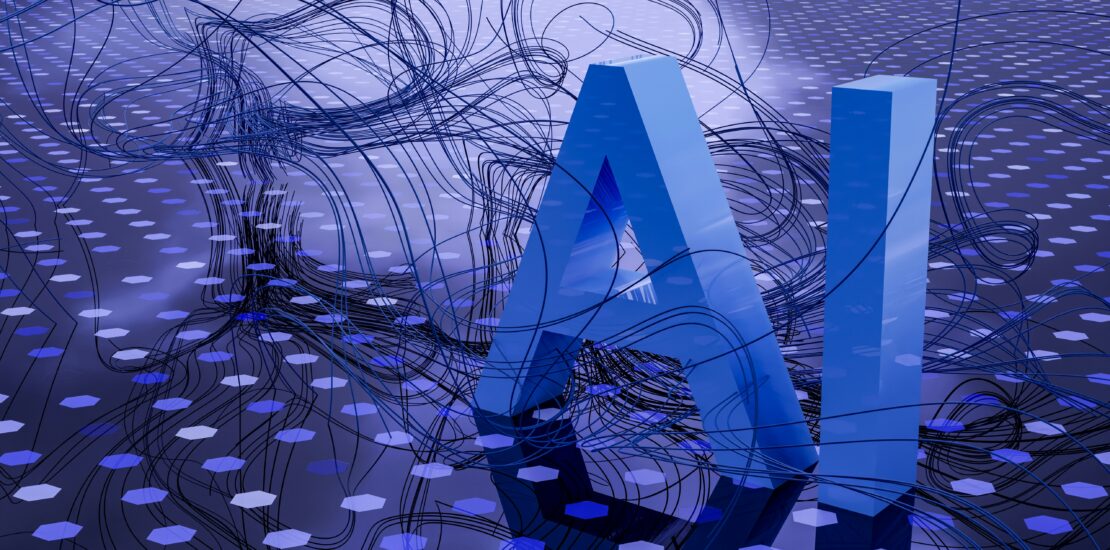- January 9, 2024
- Posted by: Fulco Blokhuis
- Categories: All posts, Media and communication

Is a generative AI created work protected by copyright ?
Is a generative AI created work protected by copyright?
❌ No, said the US Copyright office in several cases, such as , Zaria of the Dawn, Thaler and Suryas. (see the blog of Franklin Graves https://lnkd.in/e2UQNGyj)
✔ In South Korea and China, the answer is yes.
https://www.aitimes.com/news/articleView.html?idxno=156286
The film ‘AI Suro’s Wife’ was entirely produced with generative artificial intelligence (GAI). It received copyright recognition from the Korea Copyright Commission (KCC) for the first time in South Korea and was registered as an ‘edited work’. The KCC recognised the contribution of #technology and the efforts of a human.
A number of AI programs were used in production. After creating scenarios with large language models ( #LLM) such as ‘GPT-4’, ‘ClovaX’, and ‘GPT-3.5’, images were created using ‘Midjourney‘ and ‘Stable Diffusion AI Art Generator‘. Videos were created using video creation AI such as ‘Zen 2’ and ‘D-ID’, and even the characters’ voices were created using ‘Clova Dubbing’. Ultimately, music was created using ‘Soundrow’.
According to the news article the producer Nara Knowledge Information played a very large role in editing as well as fine-tuning the creation AI.
To avoid copyright litigation such as the cases against Midjourney and Stable Diffusion, the producer added retouching work to the images. A somewhat similar retouching element was not sufficient for the US Copyright office to grant protection when a photo was mixed with a Van Gogh style with an GAI tool.
What the amount of human intervention is, that is required is unclear to me at this point, but selection and arrangements made were emphasized during the registration process.
In the Korean 2023 Copyright Registration Review Manual is stated:
“If elements of traditional copyright are implemented by artificial intelligence technology, copyright is not recognized, but although humans have modified the artificial intelligence product in selection, arrangement, etc., copyright is recognized to a limited extent.”
The first case of recognizing copyright in an AI product like this was reported in China last month. The South China Morning Post reported on December 1, 2023 that the Beijing Internet Court recognized copyright for AI-generated content for the first time in China.
The Chinese court reasoned that the defendant “made some intellectual investment” by entering various prompt texts and adjusting settings, and “reflected his personal aesthetic choices and judgment to ensure the originality of the image.” They also said, “Encouraging creation is the essential purpose of the copyright system,” and “AI-generated images should be considered works protected by copyright law as long as they reflect the original intellectual investment of humans.”
The Bern Convention clearly states that only authors enjoy protection, so human creativity remains a necessity to get copyright protection in the member states.
